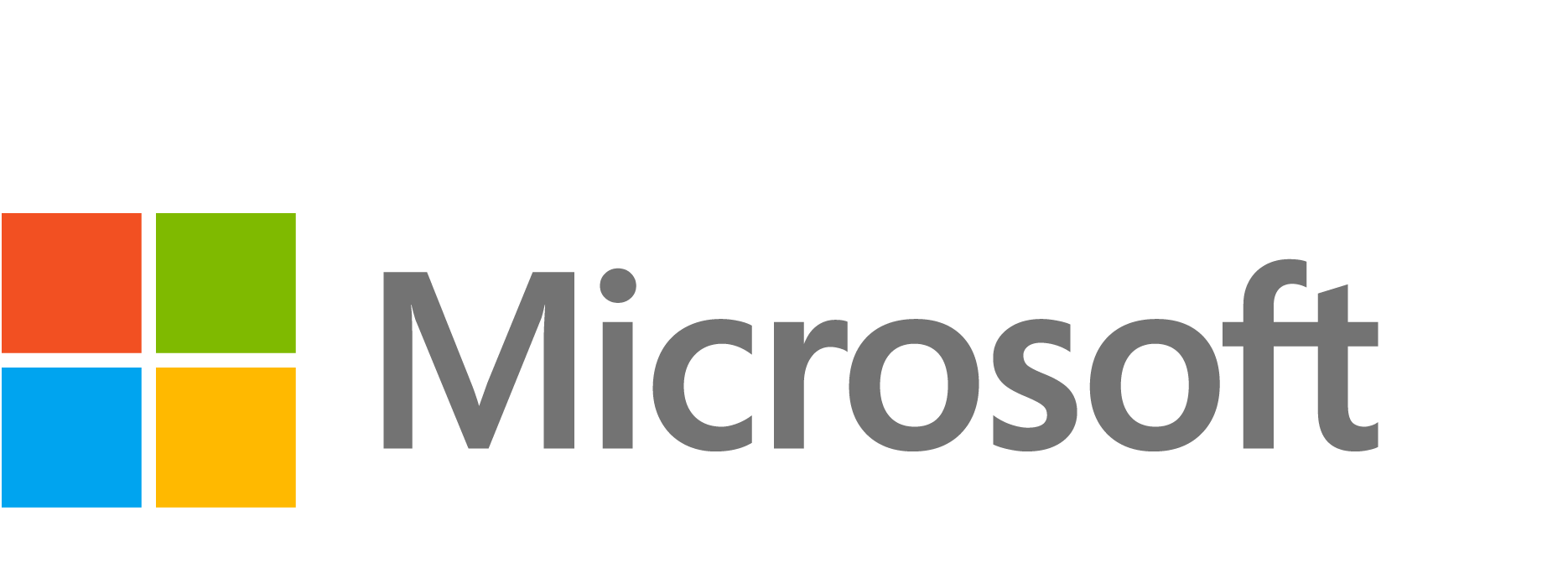Comparison Summary
This comparison report of Google Drive vs. Microsoft OneDrive for Business is based on a specific set of business needs and context. The comparison uses 110556 Cuspera insights based on peer reviews, case studies, testimonials, and expert opinions across 50+ sources.
Introducing Google Drive and Microsoft OneDrive for Business
Google Drive belong to a category of solutions that help Data Management Platform, whereas Microsoft OneDrive for Business belong to a category of solutions that help Collaboration and Productivity. Different products excel in different areas, so the best platform for your business will depend on your specific needs and requirements.
Google Drive covers Collaboration, Content Management, Sales Document Management, Communication Management with E-Mail, etc.
Microsoft OneDrive for Business focuses on Collaboration, Content Management with Offline, Sales Document Management with Offline, Communication Management with E-Mail, etc.
Unsure which of these solutions is right for you? Our Cuspera AI engine can compare them based on your needs and specific to your industry and context. Get your personalized report today.
 Google Drive
Google Drive
Focus area
Google Drive is better than Microsoft OneDrive for Business for
Software Failure Risk
 Microsoft OneDrive for Business
Microsoft OneDrive for Business
Focus area
Microsoft OneDrive for Business is better than Google Drive for
Software Failure Risk
About
Google Drive: File storage and synchronization service from Google
Microsoft OneDrive for Business - Store, sync, and share work files in the cloud using Microsoft OneDrive for Business
Age
1975
Financials
SERIES A
IPO
Business Need
Total Processes
(we found evidences for)
129
69
Total Goals
(we found evidences for)
20
15
Top Processes
Evidences indicate better relative satisfaction
Top Goals
Goals Achieved
-
Improve internal communications
-
Acquire customers
-
Grow market share
-
Enhance customer relationships
-
Scale best practices
-
Improve digital and social presence
-
Launch new products
-
Improve efficiency
-
Enter new markets internationally or locally
-
Increase sales & revenue
-
Establish thought leadership
-
Improve stakeholder relations
-
Manage risk
-
Improve ROI
-
Improve brand engagement
-
Build brand awareness
-
Improve consistency
-
Shorten ramp up time
-
Improve visibility
-
Improve navigation
- See 17 more
-
Improve internal communications
-
Enhance customer relationships
-
Acquire customers
-
Improve efficiency
-
Grow market share
-
Improve digital and social presence
-
Improve stakeholder relations
-
Improve consistency
-
Scale best practices
-
Enter new markets internationally or locally
-
Improve brand engagement
-
Improve navigation
-
Improve visibility
-
Establish thought leadership
-
Shorten ramp up time
- See 12 more
Top Channels
Channels Used
-
offline
-
point of sale
-
e-mail
-
on premises
-
mobile
-
phone calls
-
website
-
video
-
social media
-
mobile app
-
chat
-
promotions
-
events
-
trade shows
-
games
-
Skype
-
user generated content
-
blogs
-
Facebook page
-
Facebook
-
causes and charity
-
coupons
-
print media
-
magazine
-
Instagram
- See 22 more
-
offline
-
point of sale
-
e-mail
-
on premises
-
mobile
-
phone calls
-
website
-
video
-
social media
-
mobile app
-
chat
-
promotions
-
events
-
trade shows
-
games
-
Skype
-
user generated content
-
blogs
-
Facebook page
-
Facebook
-
causes and charity
-
coupons
-
print media
-
magazine
-
Instagram
- See 22 more
Failure Risk Guidance Security Report?
Compliance Risk
{{{rsh_C_1}}}
{{{rsh_C_1}}}
Security & Privacy Risk
{{{rsh_C_1}}}
{{{rsh_C_1}}}
Integration Risk
{{{rsh_C_1}}}
{{{rsh_C_1}}}
Migration Risk
{{{rsh_C_1}}}
{{{rsh_C_1}}}
IT and Other Capabilities
- Low
- Medium
- High



